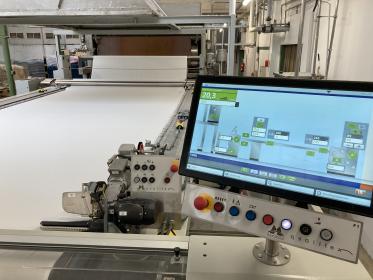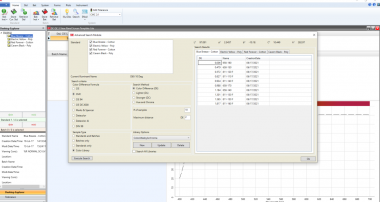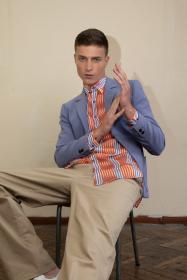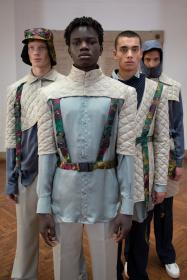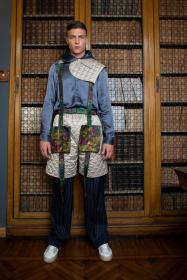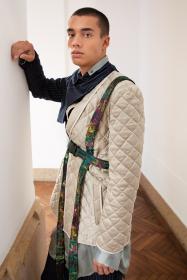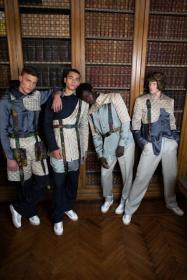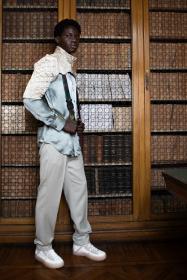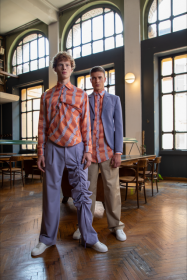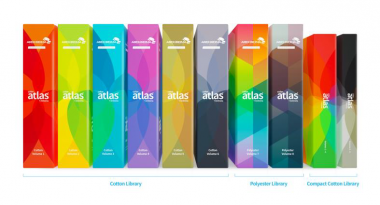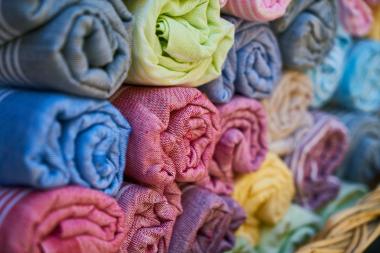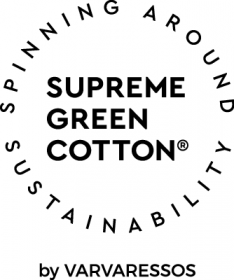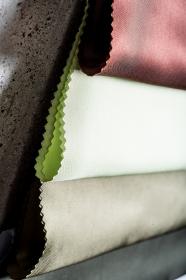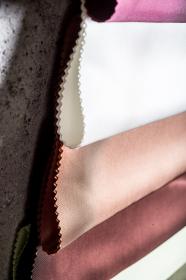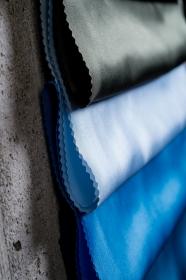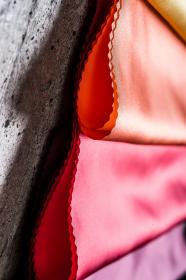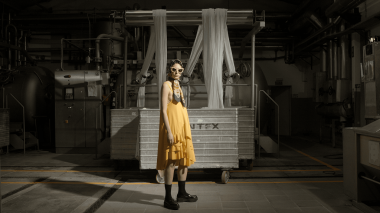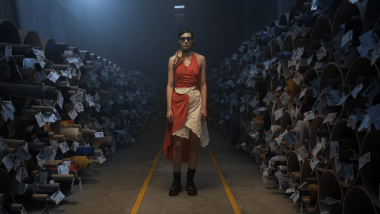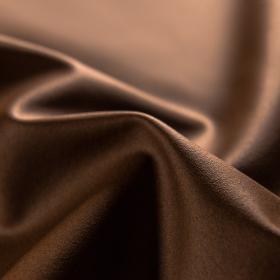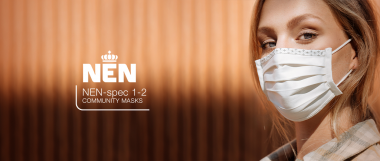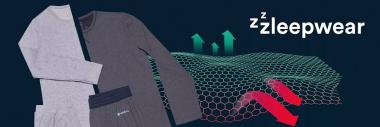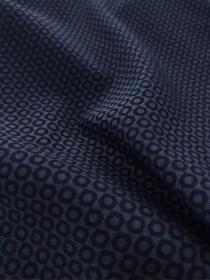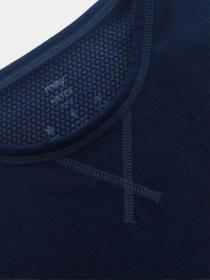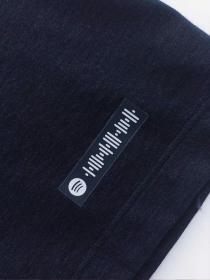NDC Green by Nastrificio di Cassano: Responsible and certified labels and tags
100% sustainability lives in the smallest detail, starting with the label, the only element that can tell the story of responsibility. This is exactly why, to be a truly credible 'ambassador', the label or tag must itself be responsible. This is why Nastrificio di Cassano has created NDC Green, the premium, Made in Italy and fully traceable range that guarantees the highest quality standards while respecting the planet.
NDC Green comprises 4 categories, all with influential international certifications that attest to Nastrificio di Cassano's responsible imprinting. Many new sustainability values are woven into the collection. Particular attention is given to end-of-life, but also to the choice of natural and high-tech materials with a low environmental impact.
A wide choice that speaks of responsible innovation, beauty and functionality: characteristics that have led C.L.A.S.S. (www.classecohub.org) to integrate NDC Green into its Material Hub which "contains a selection of fibres, materials and fabrics that share a DNA linked to research that since 2007 has been raising the bar of standards in order to offer innovations in step with the demands of the contemporary consumer" says Giusy Bettoni CEO of C.L.A.S.S.
NDC Green includes:
- LABìO ECO-SOFT®: made using compostable and biodegradable ingredients (as attested by TUV Austria), this product boasts performances and is resistant up to 10 domestic washings at 30°. The reference is produced with fifteen times less water consumption than cotton production and the resins used are GOTS certified.
- LABìO HANGreen is the smart solution for the creation of hard tags, hangtags, shopping bags and garment covers and, as LABIO ECO-SOFT® range, it made with compostable and biodegradable ingredients as certified by TUV Austria and the resin is compostable, too. These peculiarities make this product unique.
- ACETATE NAIA™, the 'smart satin' that respects forests and oceans, is the NAIA™ single-ingredient solution produced by Eastman: the 100% traceable, compostable and biodegradable cellulose yarn in both soil and sea respects the natural growth rate of forests.
- RECYCLED POLYESTER: is made from post-consumer yarn recycled from GRS-certified PET bottles. Available in both satin and resinated taffeta versions, it guarantees excellent printability for an elegant and sophisticated look.
GB Network Marketing & Communication for C.L.A.S.S.






